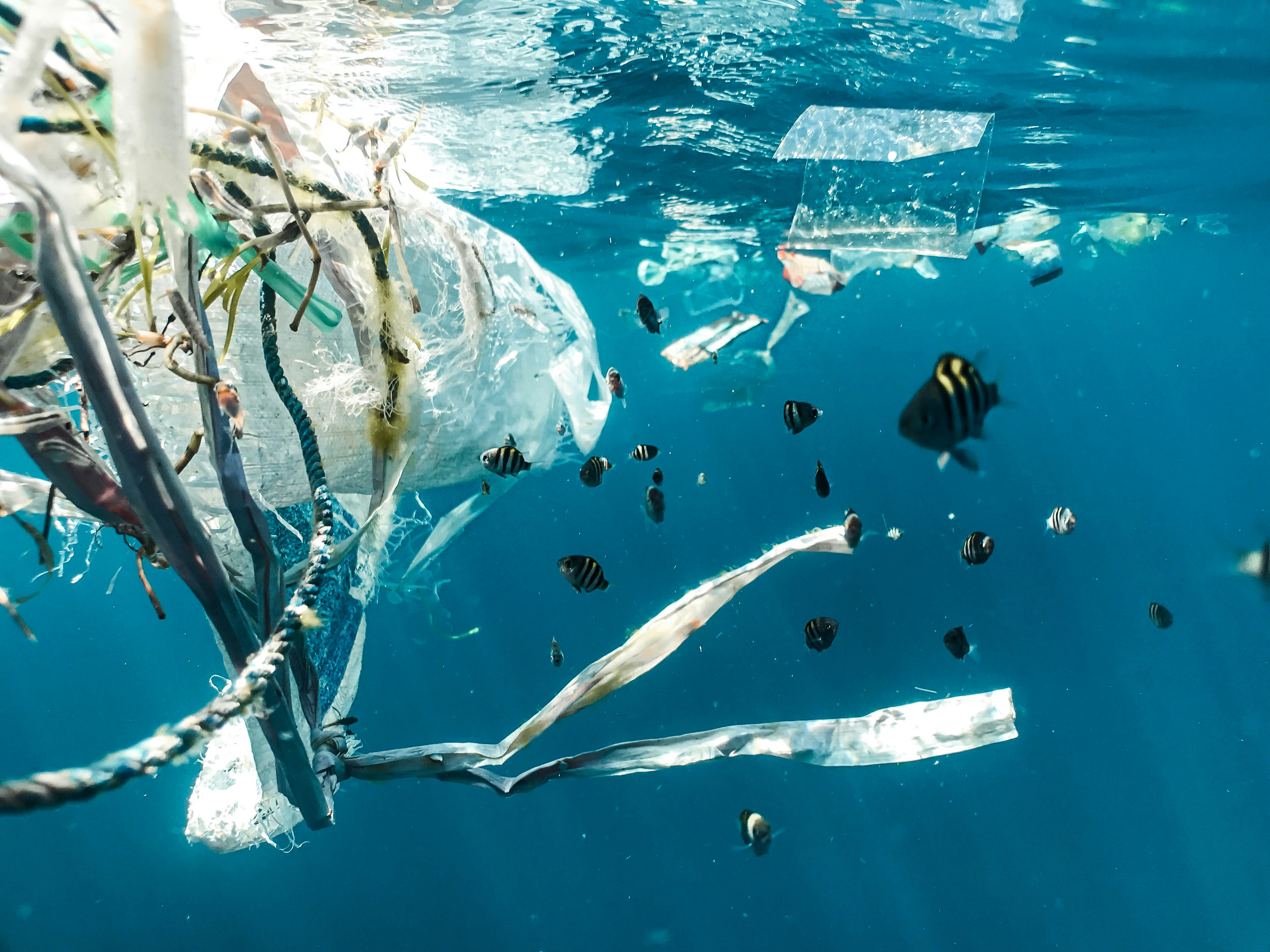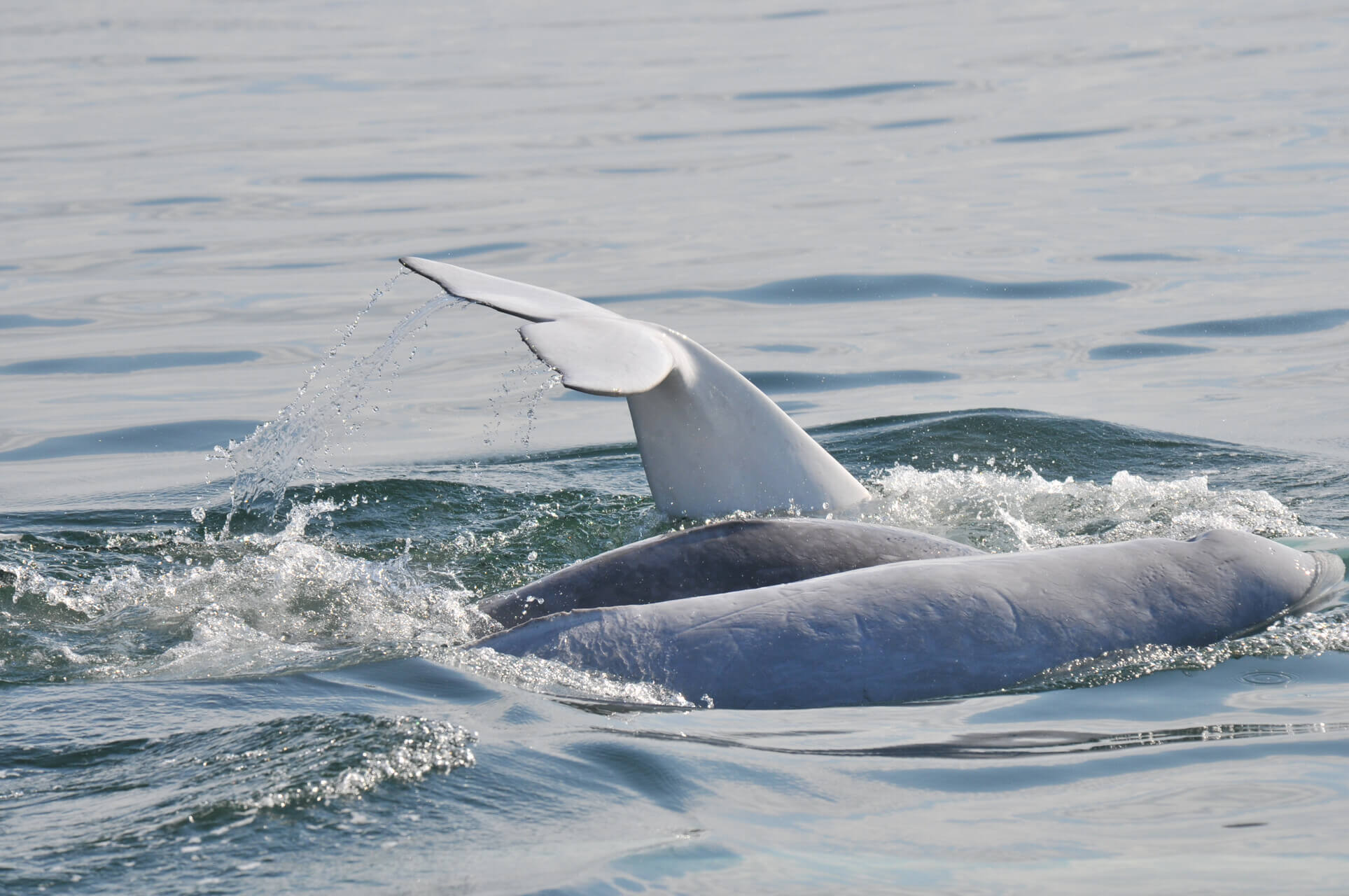In a letter to President Obama on April 14, 2016, twenty-seven scientists present their concerns about the impacts of seismic surveys proposed by the US Department of the Interior on an endangered species: the North Atlantic right whale. In light of the results of several recent studies, they ask the US government to prohibit seismic surveys in the Atlantic.

The North Atlantic right whale was so decimated by whaling that today just 500 or so remain. Despite the ban on harvesting the species in the 1930s and a number of protection measures in place in the United States and Canada, the species has been slow to recover. Scientists attribute the precarious status of this species to numerous human activities along the east coast of North America, which expose the whales to the risk of entanglement in fishing gear, noise and other chronic sources of stress. According to scientists, seismic surveys conducted in right whale habitat would constitute a new threat to this species and would substantially increase the risk that the species could disappear completely.
Used for oil and gas exploration, seismic surveys send sounds into the ocean that can reach 260 decibels and can be detected more than 4,000 km away. Right whales depend on sound to navigate and communicate with one another. For this reason, seismic surveys can have major consequences on this species by disturbing, over vast areas, essential feeding and reproductive behaviours. Most notably, seismic surveys can hinder the critical communication between a mother and her young.

A recent study on the western Pacific gray whale, another cetacean population at risk, has established a correlation between seismic surveys and a decrease in survival rates in newborns. Other recent studies have shown that increased noise in right whale habitat triggers chronic stress for the animals, causing detrimental effects on their health. A degradation in health can then lower reproduction rates. A meaningful environmental assessment of seismic surveys should include an evaluation of the cumulative impacts on the species’ health and reproduction rates over time, something the Department of the Interior has yet to do.
Recent studies have also shown that the risks of entanglement in fishing gear have increased over the past three decades and that the effects on the health, reproduction and survival of right whales are much greater than previously believed. According to scientists, to ensure the recovery and survival of this species, it is crucial to minimize or remove other major stressors in its habitat.
In light of this new information, scientists urge President Obama to suspend seismic oil and gas surveys in the Atlantic, at least until the next evaluation of the status of the North Atlantic right whale, which is scheduled for 2017.
Sources:
https://nicholas.duke.edu/about/news/letter-to-obama-seismic-effects-whales
https://nicholas.duke.edu/about/news/seismic-surveys-threaten-whales
To learn more:
On Whales Online:
Recovery Programs – North Atlantic right whale
Offshore Hydrocarbon Exploration and Exploitation
On the website of the International Union for Conservation of Nature (IUCN):





